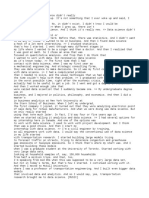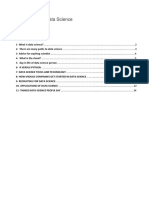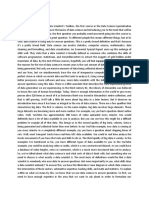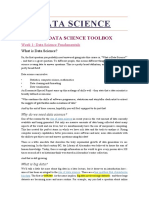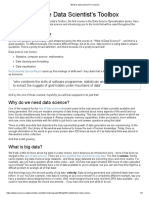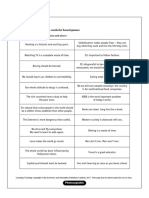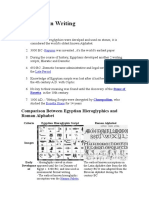Video Transcript
The Many Paths to Data Science
(Shingai Manjengwa): Data science didn’t really exist when I was growing up. It’s not something that I
ever woke up and said, “I want to be a data scientist when I grow up.” No, it didn’t exist. I didn’t know I
would be working in data science.
(Rafael B. Da Silva): When I grew up, there isn’t that field called data science. And I think it’s really new.
(Stephen Sherman): Data science didn’t exist until 2009, 2011. Someone like D.J. Patil or Andrew
Gelman coined the term. Before that, there was statistics. And I didn’t want to be any of those. I wanted
to be in business. And then I found data science a heck of a lot more interesting.
(Diana Zárate-Díaz): I studied statistics, that’s how I started. I went through many different stages in my
life where I wanted to be a singer and then a doctor. And then I realized that I was good at math. So, I
chose an area that was focused on quantitative analysis. And from then, I do think that I wanted to work
with data. Not necessarily data science as it’s known today.
(Luis O. Martins): The first time that I had contact with data science, when I was my first year as a
mechanical engineering. And strategic consulting firms, they use data science to make decisions. So, it
was my first contact with data science.
(Rafael B. Da Silva): I had a complicated problem that I needed to solve, and the usual techniques that
we had at the time couldn’t help with that problem.
(Stephen Sherman): I graduated with a math degree at the worst possible time, right after the economic
crisis, and you actually had to be useful to get a job. So, I went and got a degree in statistics. And then I
worked enough jobs that were called data scientist that I suddenly became one.
(Shingai Manjengwa): My undergraduate degree was in business, and I majored in politics, philosophy,
and economics. And then I did a Master’s in Business Analytics at New York University at the Stern
School of Business. When I left my undergrad, the first company I joined, it turned out that they were
analyzing electronic point of sale data for retail manufacturers. And what we were doing was data
science. But we only really started using that term much later. In fact, I’d say four or five years ago is
when we started calling it analytics and data science.
(Luis O. Martins): I had several options for my internship here in Canada. And one of the options was to
work with data science I used to work with project development. But I think that was a good choice. And
then I start my internship with data science.
(Murtaza Haider): I’m a civil engineer by training, so all engineers work with data. I would say the
conventional use of data science in my life started with transportation research. I started building large
models trying to forecast traffic on streets, trying to determine congestion and greenhouse gas
emissions or tailpipe emissions. So, I think that’s where my start was. And I started building these
models when I was a graduate student at the University of Toronto. Started working with very large data
sets, looking at household samples of, say, 150,000 households from half a million trips. And that, too,
I’m speaking from the mid-90s when this was supposed to be a very large data set, but not in today’s
terms. But that’s how I started. I continued working with it. And then I moved to McGill University where
1
�I was a professor of transportation engineering. And I built even bigger data models that involved data
and analytics. And so I would say, yes, transportation research brought me to data science.
